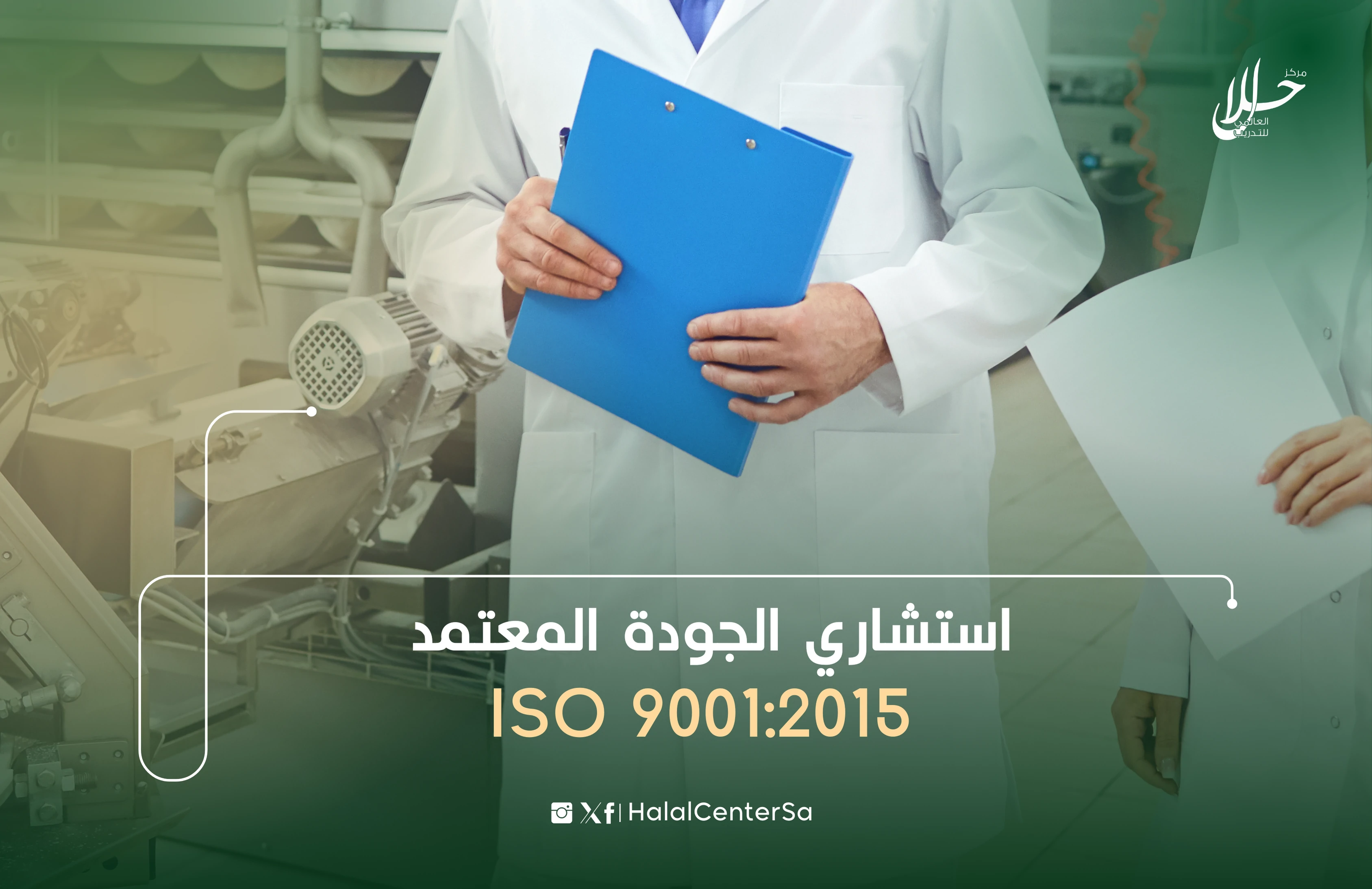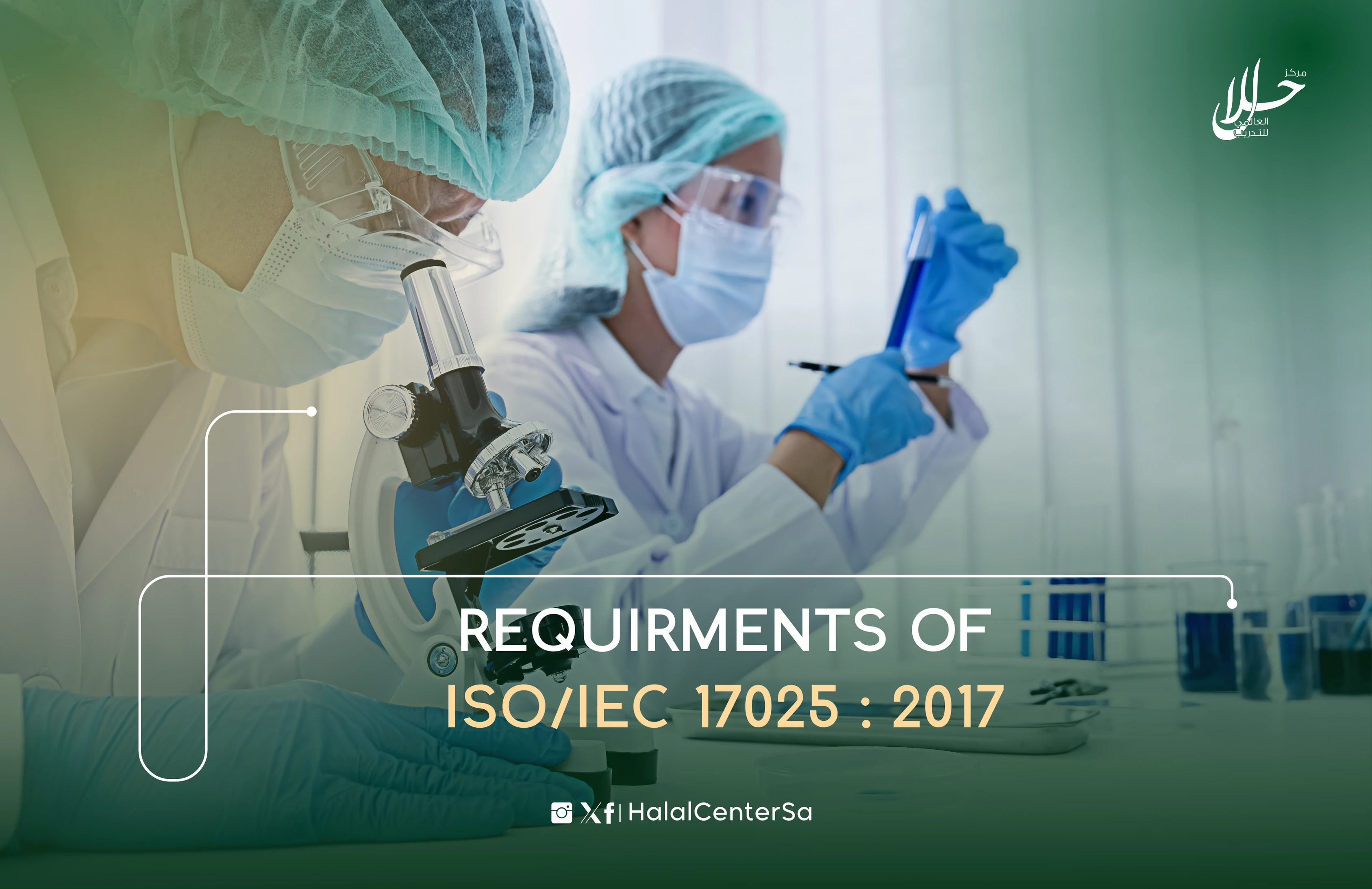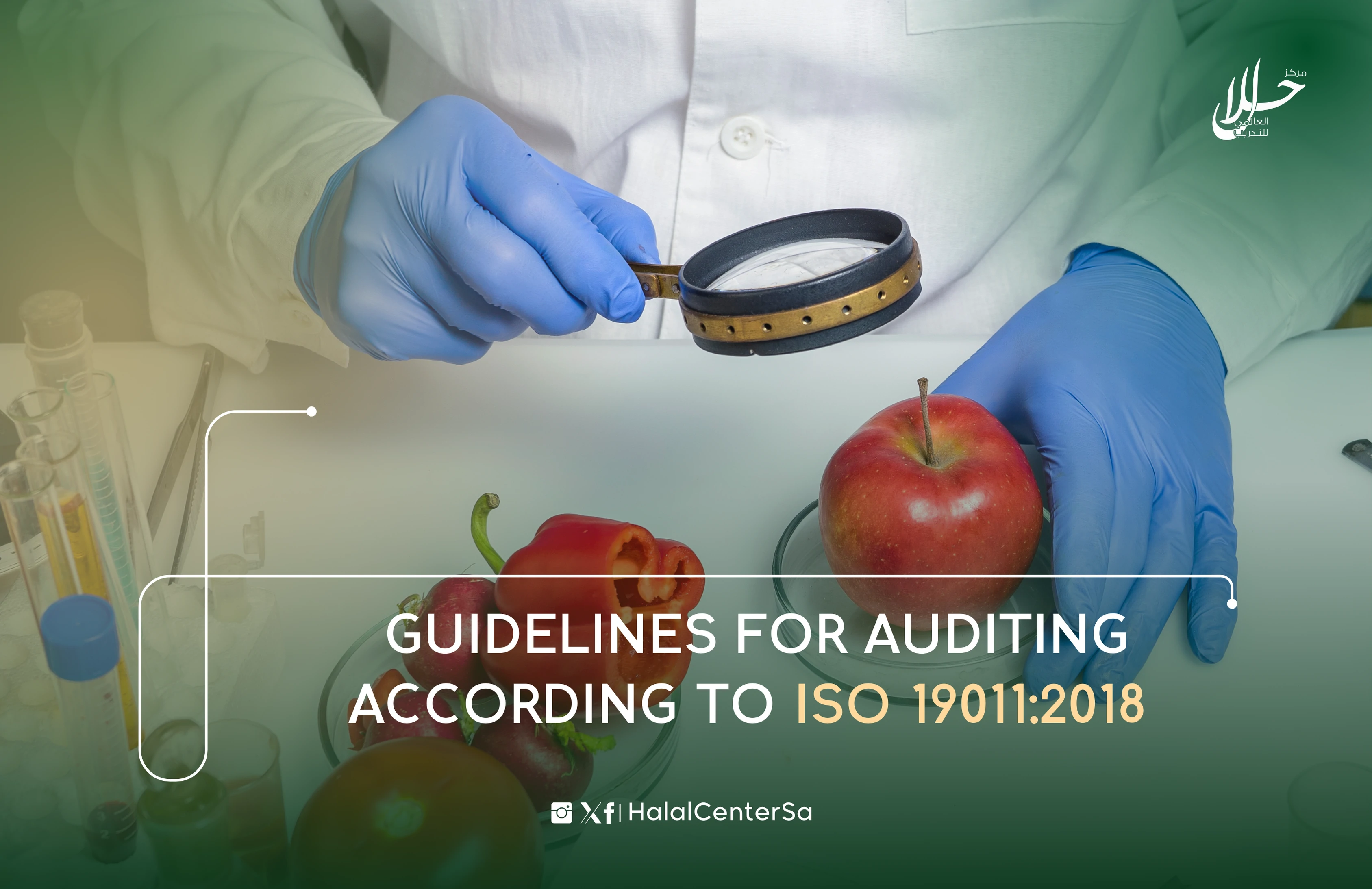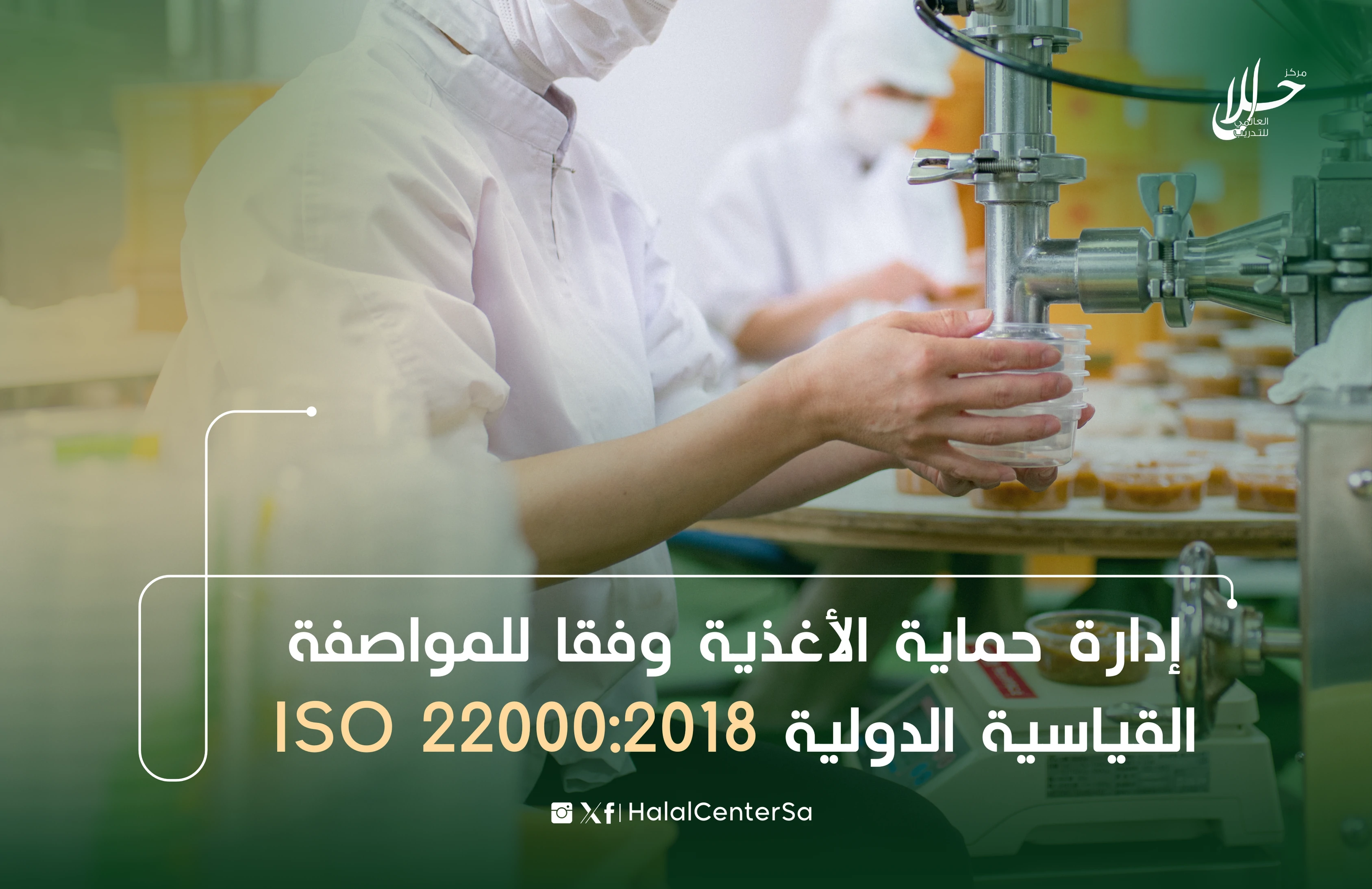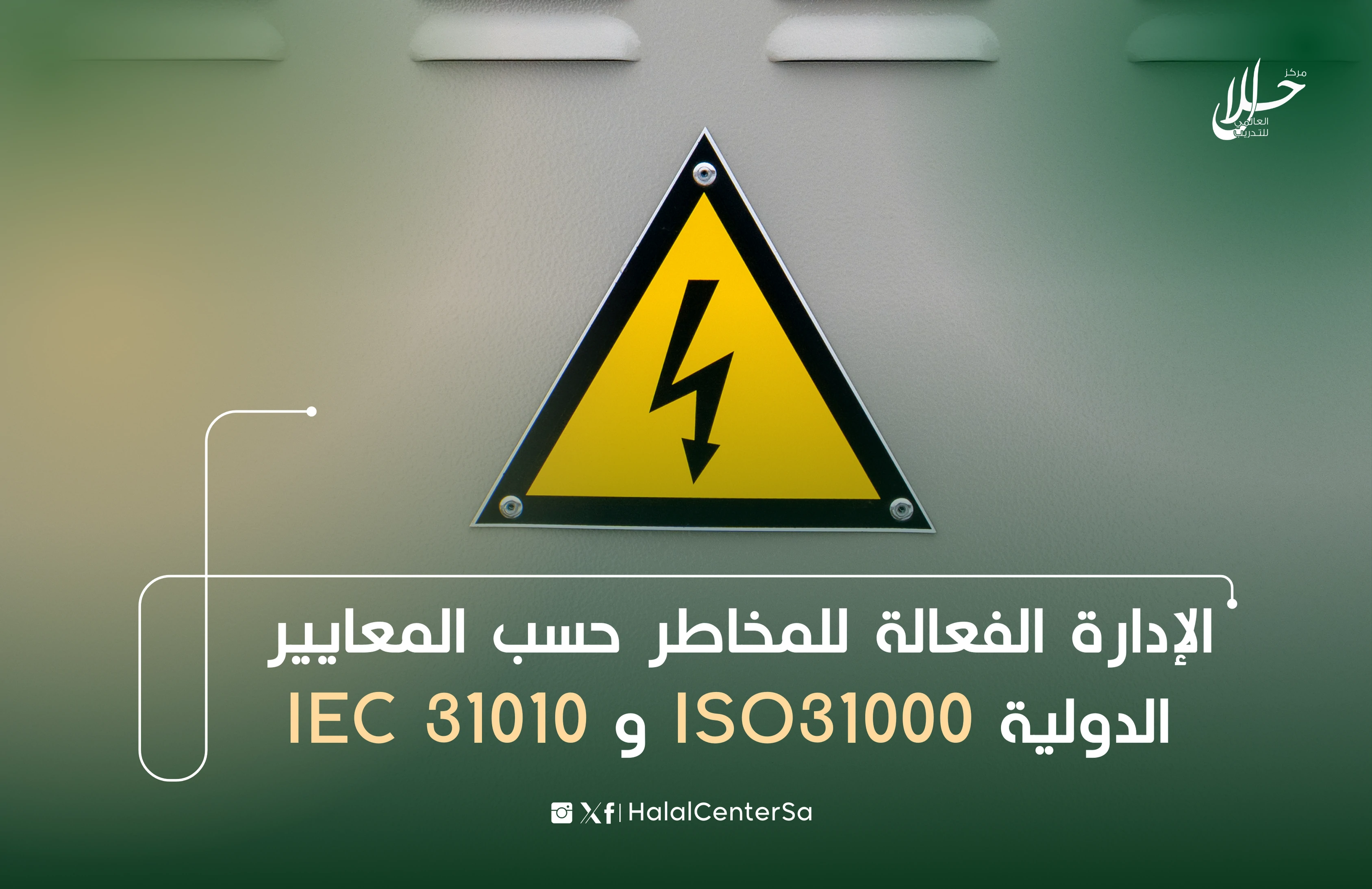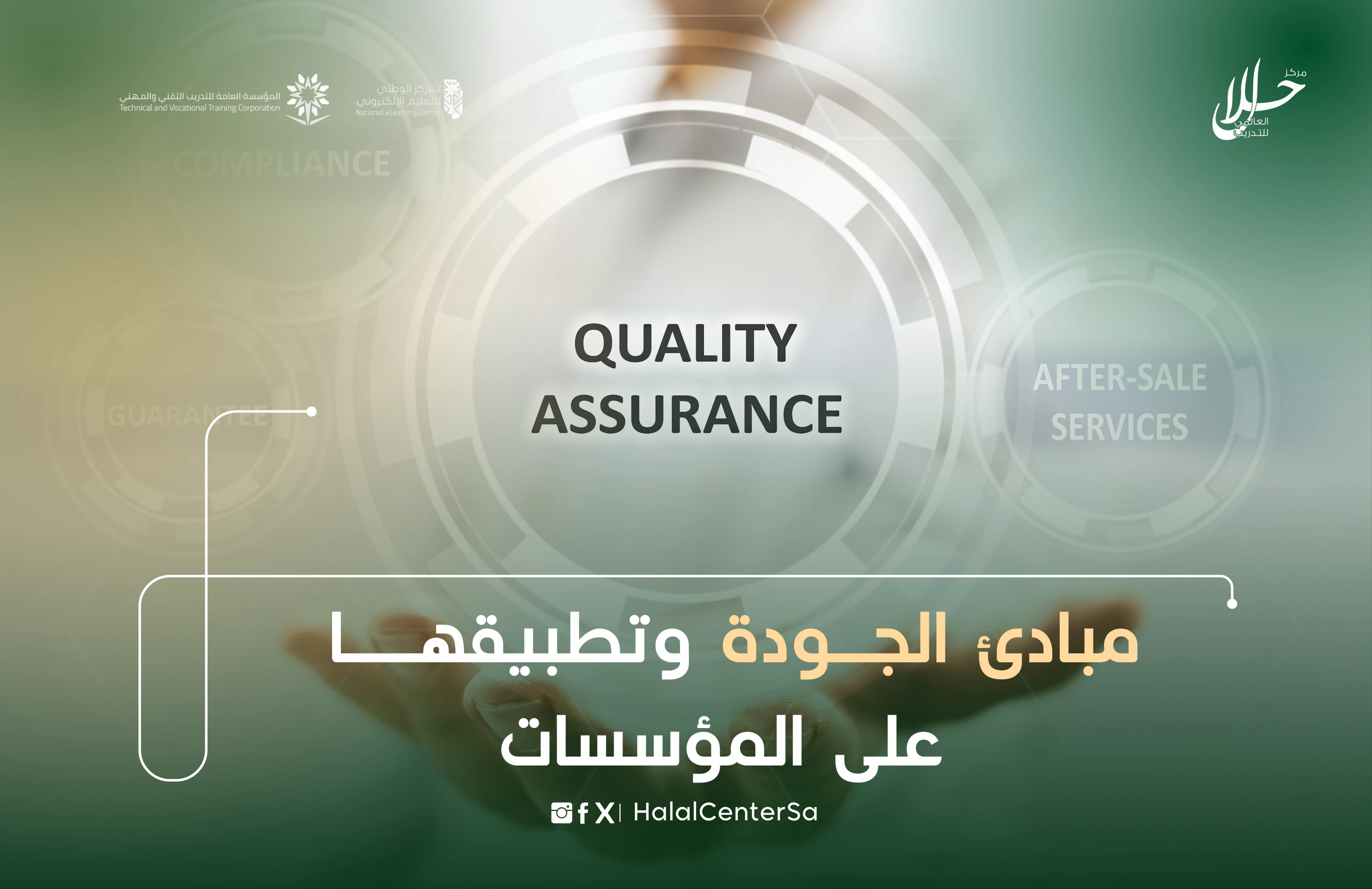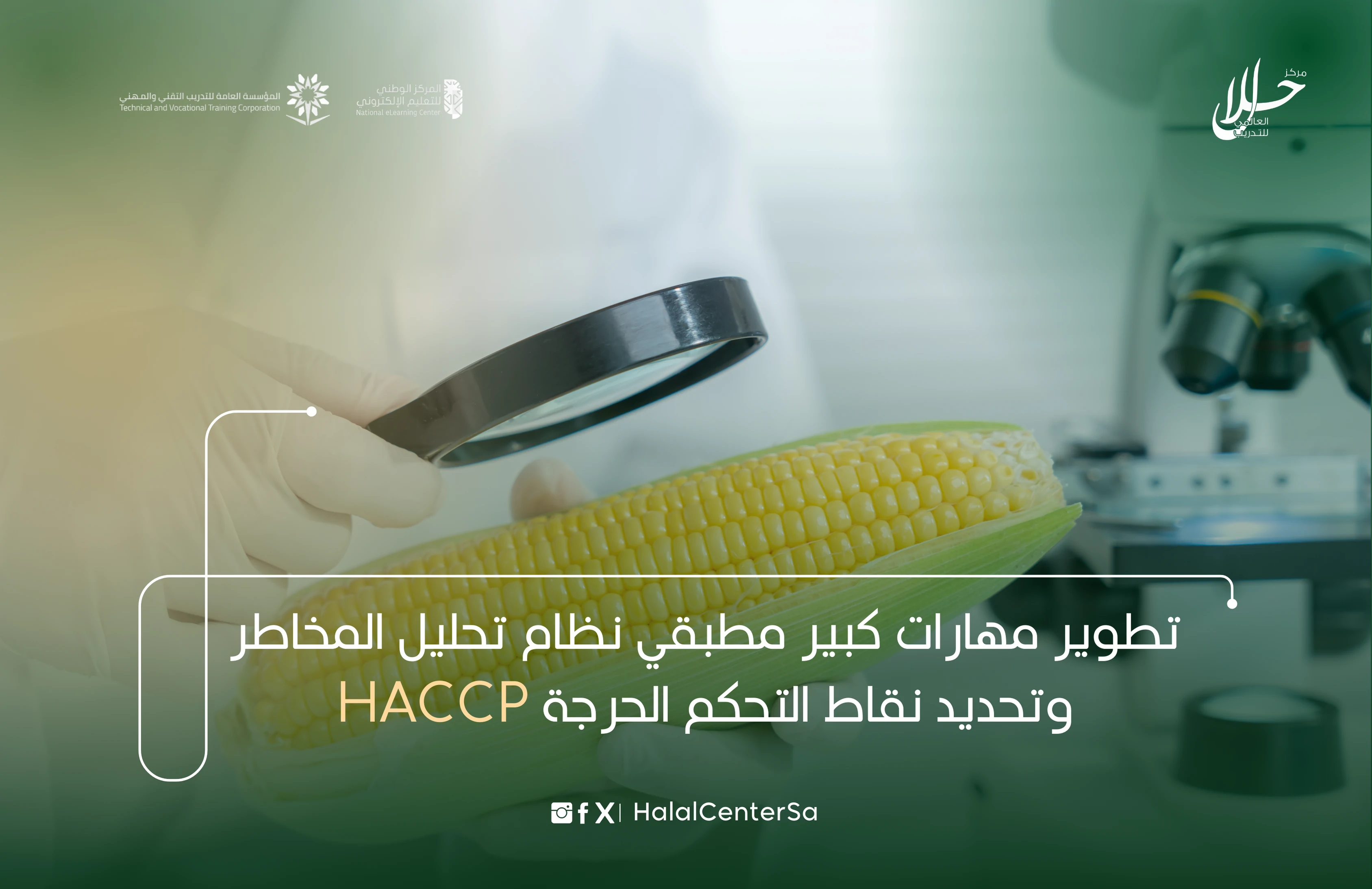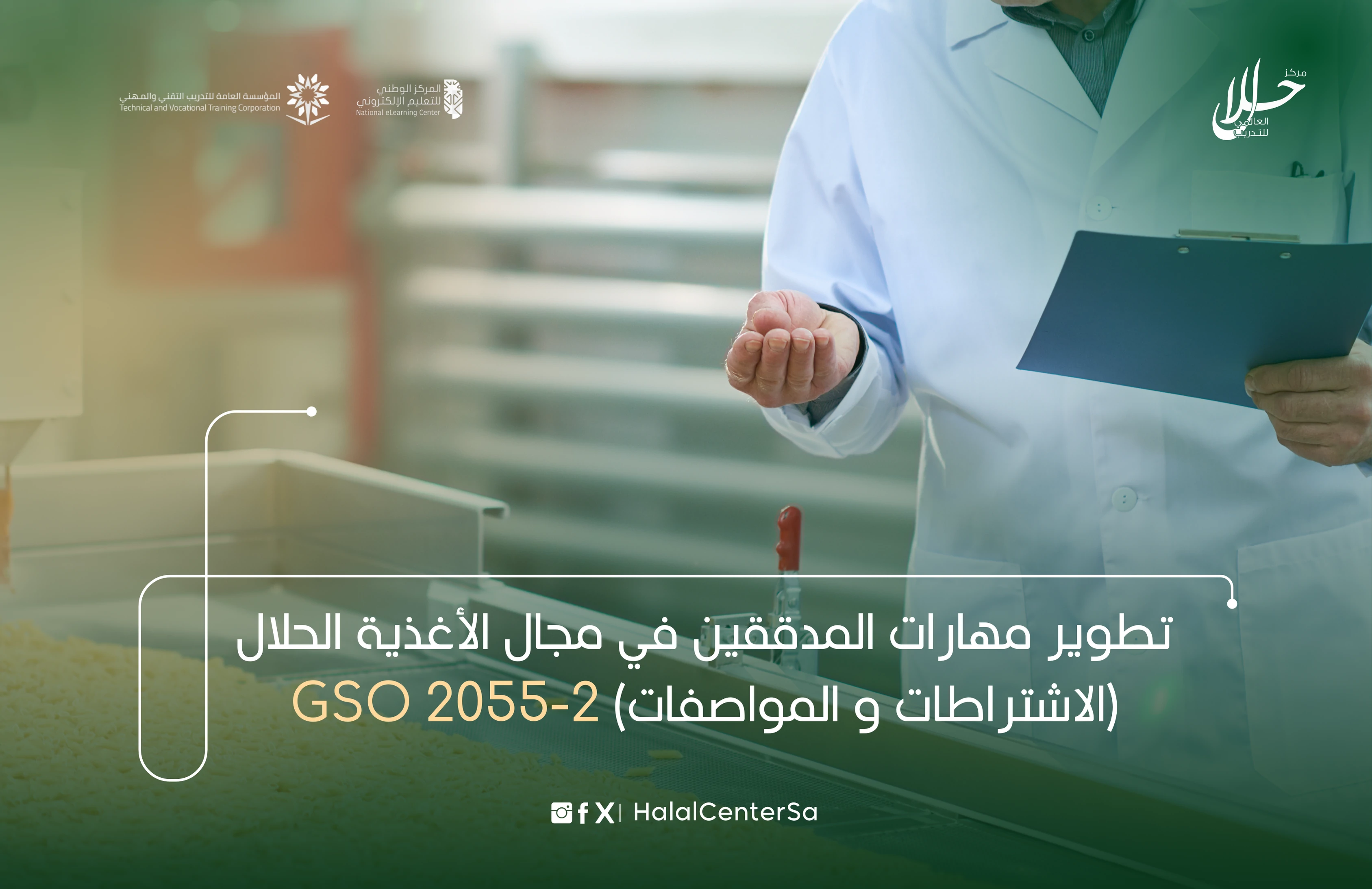
Training Program Description:
The Hazard Analysis and Critical Control Points (HACCP) system is considered one of the most essential programs in the food industry. Most companies seek to implement it to ensure the quality of manufacturing processes, extend product shelf life, reduce the risk of foodborne illnesses, and monitor the effectiveness of operations at all stages of food production. It also helps identify critical points and limits, ensures the safety of the surrounding production environment, reduces waste, and facilitates compliance with regulatory and governmental standards.
This program aims to familiarize trainees with the fundamental requirements that must be in place before implementing a HACCP system. It covers key concepts, the origin and rationale behind HACCP, and its overall importance. The program also introduces how to form the HACCP team, along with the necessary skills and qualifications that the team must possess. Furthermore, trainees will learn how to conduct hazard analysis, establish critical limits and control measures, develop corrective actions, and implement the seven key principles of the system. The course includes practical guidance on how to create, review, update, and audit HACCP documentation and templates.
General Objective:
To enable trainees to understand the essential requirements for facilities prior to implementing a HACCP system, including core concepts, team qualifications, and necessary skills. The program also focuses on hazard analysis, establishing critical limits and monitoring systems, implementing corrective actions, completing all preliminary steps, applying the seven core principles of HACCP, and learning how to prepare, review, update, and audit HACCP documentation throughout the training course.
Target Audience:
-
Professionals working in the food industry.
-
Quality and food safety officers in food factories and establishments.
-
Individuals seeking to enhance their skills in the field of food safety and processing.
-
Students in food science and related disciplines.
🔹 Minimum Qualification Required: High school diploma or equivalent.
-
Course title Highfield Level 3 in Food Safety for Restaurants (RQF)
-
Overall time 15 Hour
-
Overall days 3 Day
-
Accreditation code 8131433753823460
-
Course type
- Online
- Offline
About course
Training Program Description:
The food and beverage industry faces high risks of foodborne illnesses, food poisoning, allergies, and other health-related hazards due to contamination and improper handling. Therefore, it is the responsibility of this sector to maintain consumer health and safety through effective food safety guidelines, certification, and training. This course will introduce you to the field of food safety and recognize the responsibilities of everyone involved in food storage, preparation, processing, packaging, and handling.
General Objective:
The general objective of this training program is to introduce participants to the field of food safety, recognize the responsibilities of food handlers, and understand the importance of maintaining good practices in producing safe food.
Specific Objectives:
Upon completion of this training program, participants will be able to:
- Understand key concepts of food quality and safety
- Identify major food hazards and causes of food poisoning
- Recognize critical temperatures for food handling
- Understand types of pathogens and their symptoms
- Identify allergens and control measures
- Distinguish between cross-contamination and cross-contact
- Understand personal hygiene practices for food handlers
- Recognize cleaning and sanitation procedures in food establishments
- Understand pest control measures
- Identify requirements for receiving food materials
- Understand building and equipment standards
Target Audience:
This training program is designed for food handlers, food safety professionals, and anyone involved in the food industry, including manufacturers, processors, and distributors
Related courses
Offline 1500
Online 1500
Offline 1500
Online 1500
Offline 600
Online 600
Offline 199
Online 199
Offline 950
Online 950
Offline Free
Online Free
Developing the skills of auditors in the field of halal food (foundations and principles) GSO 2055-1
Offline 1500
Online 1500
Offline Free
Online Free
Offline 199
Online 199
Offline 1500
Online 1500
Offline 1500
Online 1500
Offline 199
Online 199
Offline 1500
Online 1500
Offline 500
Online 500
Offline 199
Online 199
Offline 600
Online 600
Offline 900
Online 900
Offline 1500
Online 1500
Offline 800
Online 800























